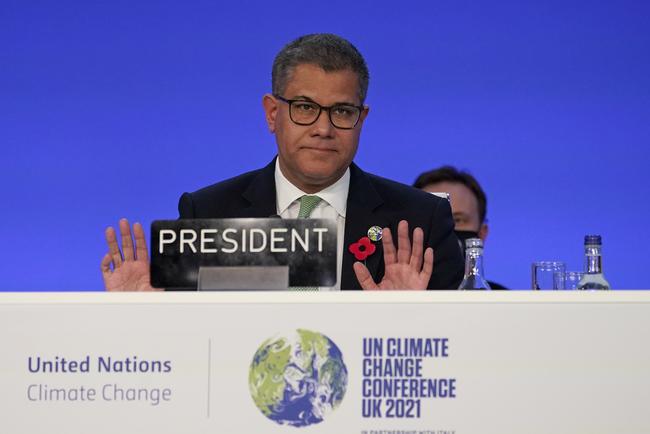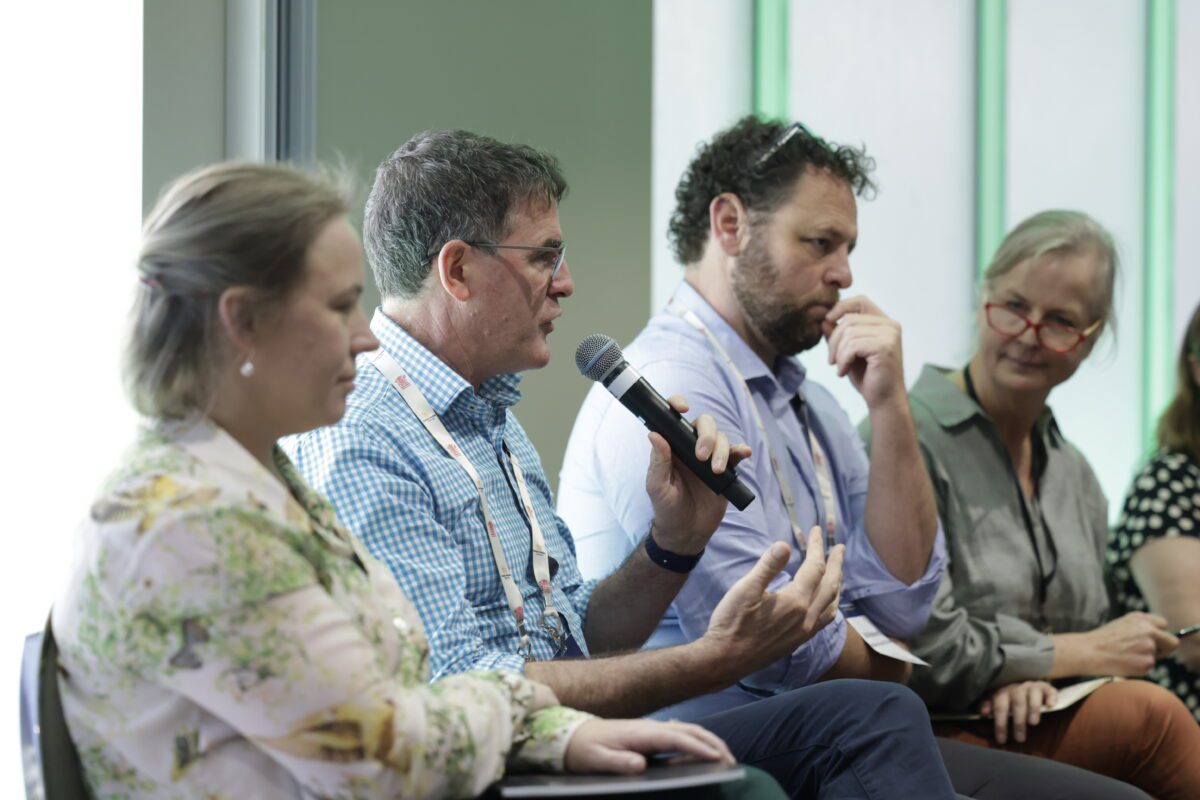As the carbon farming industry approaches its 10th anniversary, the Carbon Market Institute (CMI) hosted over 350 industry representatives at its 6th Carbon Farming Industry Forum to discuss the hot-button topic of integrity, as well as consider the latest policy and corporate developments and progress key actions of the Carbon Farming Industry Roadmap.
Day 1 featured a range of speakers, including state and federal government leaders, regulatory bodies, farming industry groups, environmental groups, academics, carbon service providers, legal and financial institutions, among others.
With the industry seeing substantial growth, especially over the last 12 months, Forum discussions highlighted the importance of integrity, as well as job creation and resilience in regions.
“Carbon is an unusual commodity, and amidst a rapidly growing market, it requires clarity, ambition, transparency, and the need to leverage Australia’s 10 years of experience in this area,” said John Connor, CMI CEO.
“Like any other market, we have and will continue to experience growing pains, however today’s discussions have re-iterated that this industry and this market must play a central role in our journey to net zero and beyond, alongside rapid industrial decarbonisation.”
“The industry must triple in scale if it is to play a credible role in Australia’s climate action efforts, while also providing extra revenue and resilience for farmers. Ultimately, the market will be judged on its ability to help accelerate and deepen agricultural and industrial emissions reductions as well as to drive finance to communities, such as Australia’s regional, farming and Indigenous communities,” he said.
“For me one of the key phrases of the day was that of Mark Kenber, Co-Executive Director, Voluntary Carbon Markets Integrity Initiative who stated, ‘trust and integrity beget liquidity and scale’ and this was a recurrent feature of the afternoon’s discussion extending from questions about systems of governance to capacity building and extension services.”
“This is particularly important as Australia needs to more than triple its carbon farming emmissionr eduction and removals alongside urgent industrial decarbonisation if we are to help avoid dangerous global warming.”
CMI also noted earlier today it’s disappointment that the federal government has decided to proceed with an additional veto power over certain carbon farming projects, which it believes places un-warranted restrictions on landholder decision-making. The full statement can be viewed here.
Quotes from Day 1
The Hon. Angus Taylor, Minister for Energy & Emissions Reduction:
“Now we all have a role to play in ensuring the ERF’s ongoing integrity and additionality. And as the ERF continues to grow, it’s important that we get the balance right between managing land, storing carbon, and ensuring the ERF has a positive impact on agricultural production.”
The Hon. Chris Bowen MP, Shadow Minister for Climate & Energy:
“The [carbon] market puts the net in net zero. For emissions that are too difficult or expensive to reduce, offsets will be vital to achieving net zero by 2050, as well as Labor’s interim reductions target of 43% by 2030.”
Mark Kenber, Co-Executive Director – Voluntary Carbon Markets Integrity Initiative (VCMI):
“We need a transparency system end-to-end from the idea of a project, the development of the project, its transactions, and its use so that the public and all of us can check that the market is doing what it’s doing.”
“We’ve seen that the lack of trust and the lack of integrity have impeded the growth of the market over the last 20 years. If we don’t want to repeat those same mistakes, we need to embrace full market governance, transparency, supply, and demand side integrity.”
Anna Boustead, Coordinator, Indigenous Carbon Industry Network:
“The omission of any strong and ambitious regulated emissions reduction targets is a glaring omission, and there is currently an over-emphasis on the capacity of offsets to deliver emissions reduction to Australia. Avoiding, reducing, and offsetting pollution should always apply. We’d like to see a greater emphasis on how offsets tie into Australia’s overall climate change strategy.”
Alex Toone, Executive General Manager – Commodities, Trade & Carbon, CBA:
“The price of carbon is going to become a permanent fixture in our customers’ lives…it’s key to have a standardised product that supports liquidity and transparency.”
Virginia Malley, Review Panel Chair, Australian Carbon Industry Code of Conduct:
“A lot of the time, the law and regulations tell you about the ‘what’ and ‘when’, but not necessarily the ‘how’, so, the (Carbon Farming Industry) Code Of Conduct fills those gaps. I encourage the voluntary market of corporates entering the sector to stress-test us as much as they need to, to get the assurances they need.”
This year’s Forum is being held over two days (1st and 7th April, 2022) in partnership with the Clean Energy Regulator, Climate Friendly, Commonwealth Bank of Australia, Forico, GreenCollar and NewForests.
The Carbon Market Institute is the independent industry association for business leading the transition to net zero emissions. Its over 130 members include primary producers, carbon project developers, Indigenous corporations, legal and advisory services, insurers, banks and emission intensive industries developing decarbonisation and offset strategies. CMI’s policy positions are approved by its Board and do not necessarily represent the views of all CMI members.
If you would like an interview, please contact Thomas Hann on 0408 880 536 or via email: thomas.hann@carbonmarketinstitute.org



